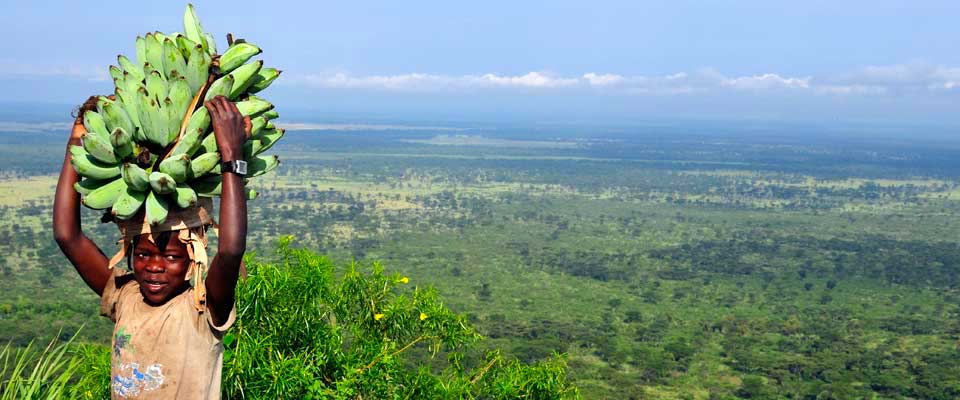
Welcome to 2017. Lets hope it will be a better year than 2016. To overcome adversity and advance humanity, it is always worthwhile seeing the glass as half full rather than half empty. But that should not stop us questioning the status quo. Here are seven tough ones for us in 2017.
This is our 55th year of ‘independence’ or ‘self rule’. Just like Augustine Kamya asked in 1959 under the ‘omutti gwe dembe’ in Katwe, I ask again; how come after 55 years of independence the natives have very little ownership and control of their economy? Is that state of affairs acceptable? Or as some would want us to think, ‘it doesn’t matter’ who controls the ‘commanding heights’ of our economy? Will an inefficient distribution of resources allow us to achieve ‘middle income’ status or will we calculate that status on averages despite over 68% of our people remaining in the subsistence economy?
Uganda continues to finance large infrastructure projects using debt mostly. Our current external debt is in the order of US $ 10.7 billion and still counting. At what point does debt become unsustainable? Put in a lay person’s terms, is it possible to prosper a homestead on debt alone? The argument that debt is sustainable as long as it does not exceed 50% of GDP is a very dangerous argument. Even Unoka, of ‘Things Fall Apart’ fame must be turning in his grave!
How long shall we allow the shilling to depreciate against other currencies? In second half of financial year 2015/16, the shilling lost 17.2% of its value. What are we going to do about the shilling? What are we doing to improve our exports to counter the growing demand for imports?
Uganda’s population growth rate continues to be one of the highest in the world at 3.2% compared with a world average of 1.2%! If our population is about 38 million, expect a million plus more babies in 2017! While a large population is not necessarily a bad thing, a population without effective demand (money to buy goods) is a bad thing, more so if most of the 38 million are dependents. Is this population growth sustainable?
Uganda’s tax to gross domestic product (total goods and services produced in the economy) still lags the rest of Africa at between 13 -14%. A less than adequate tax to GDP ratio means we cannot become the self-sustaining economy we so desire to be. What are we doing grow the tax base (registering more ‘tax payers’ does not necessarily widening the tax base!)?
The cost of public administration is slowly strangling the productive capacity of the economy. With over 112 administrative, 70 plus ministers, special advisors and all the appurtenances required to ‘bring services closer to the people’, are we not headed for an economic accident of sorts? Isn’t there an optimal cost of public administration beyond which we begin experiencing diminishing returns?
These questions may be rhetorical and the answers obvious. So here is the real question? Uganda is probably one of the safest place to live today. What are you and I going to do about the other six questions? Or is it the chemical composition of our diet that stops us from providing our own solutions to these development challenges? Either there is too much sugar in our pineapples, too much starch in our bananas or the amino acids in our beans are problematic. Whichever way you want to look at it, we have to provide answers to these tough questions!
Development is slow but there is no reason, for us to lag consistently. We have no excuse left in terms of our colonial past, unless we confess to a neo colonial present. A 55-year-old man or woman should be able to think for him or herself. These are real ‘hakuna mchezo’ questions and they need answers!
Dr. Samuel Sejjaaka, is Country Team Leader of Abacus Business School. This and other articles can also be read at monitor.co.ug

This population explosion should be addressed urgently since we no longer have the luxury of food production in the country to start with